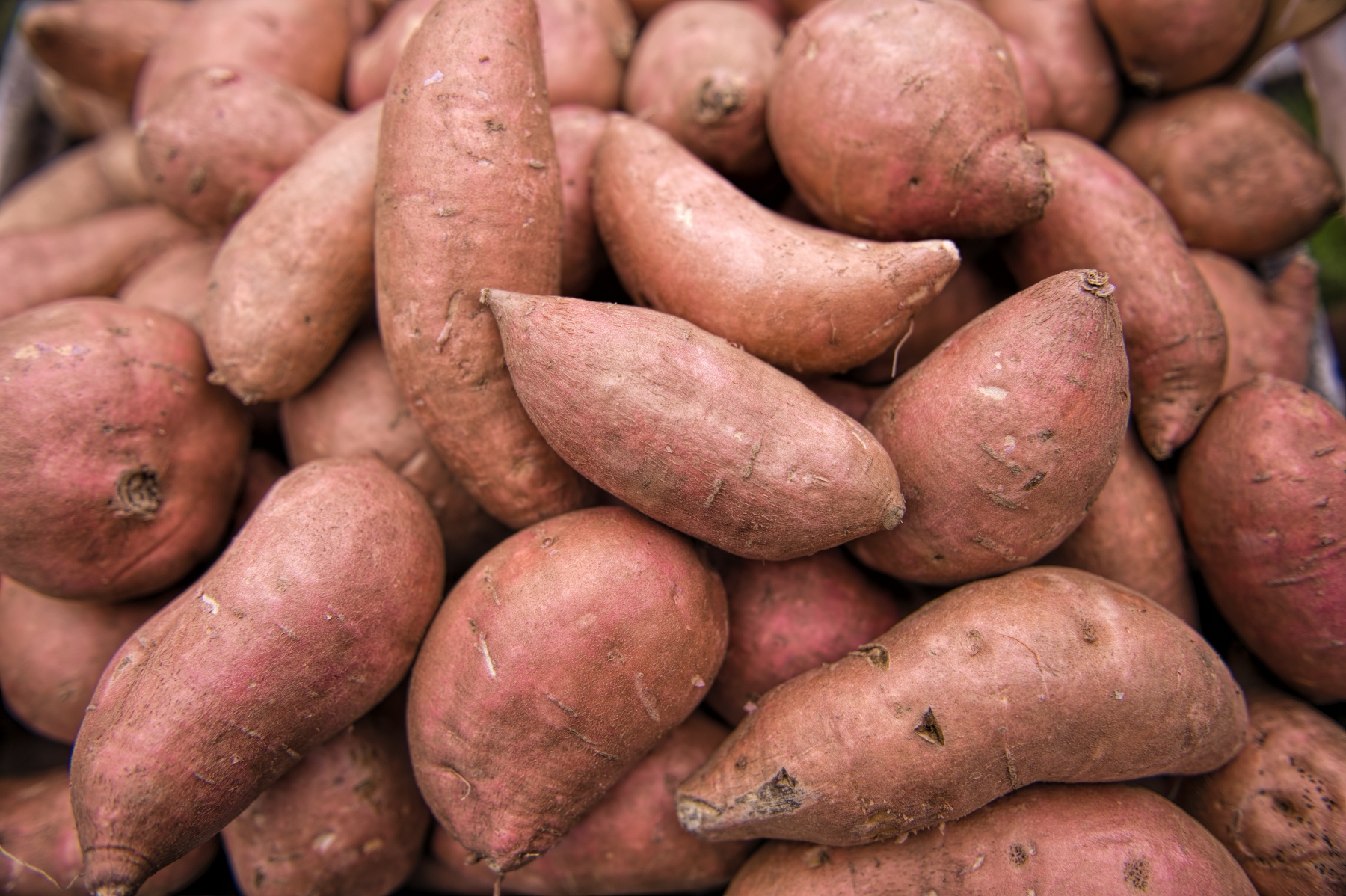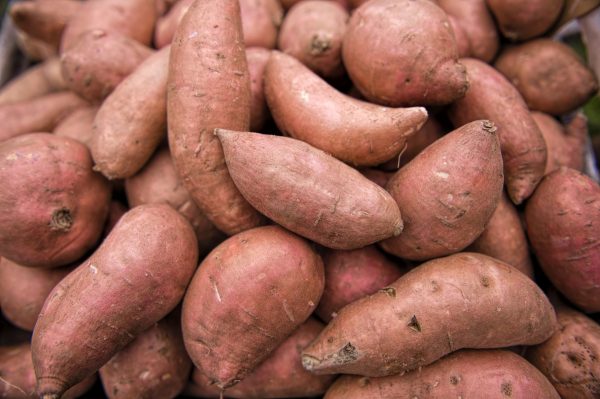Sweet potatoes are starchy tuberous roots that are prized for their pleasant taste. When cooked, they may form part of a broader dish or can be consumed alone. This potato’s sweet taste sets it apart from other root-derived foods.
Read more about Business
Nigeria produces about 4 million tons of sweet potatoes annually. This makes it the third-biggest grower of the crop in the world, behind China and Malawi. The market for the product is primarily domestic; potatoes cultivated on farms in the interior are transported to markets in the country’s villages, towns, and cities, where they are purchased by final consumers.
Sweet potatoes are mainly grown in the North-Central region of Nigeria, with Plateau State leading production. The Jos plateau suits the crop because of its high altitude and temperatures that seldom reach beyond 35⁰C. It’s mostly cultivated by small-scale farmers, who work with simple farming tools on relatively small tracts of land.
As the fourth most important root crop in Nigeria (behind yam, cassava, and cocoyam), sweet potatoes fill the starch/carbohydrate needs of a large portion of the country’s population. The perennial demand for potatoes has sustained its production; a growing population ensures that this demand will remain high.
Find our comprehensive listings of businesses in Nigeria here
Prices tend to drop between September and November when farmers harvest their potato crops. During this period, here’s something of a supply glut, at least in the areas in which the potatoes are grown. Those prices are at their highest between March and June when farmers plant their crops.
There are a number of drawbacks to the cultivation of sweet potatoes in Nigeria. A shortage of storage facilities, the presence of pests and diseases, and the limitations of subsistence farming all limit the expansion of the crop. A substantial number of farmers aren’t attaining the production potential of their farms.
If more attention is paid to sweet potato cultivation, it could become a major income generator for several thousand more households. It’s even possible that Nigeria makes something of its advantage with this crop at the international markets, by exporting it to countries that don’t possess the same capacity to grow sweet potatoes.
Featured Image Source: Old Farmer’s Almanac
Got a suggestion? Contact us: [email protected]


